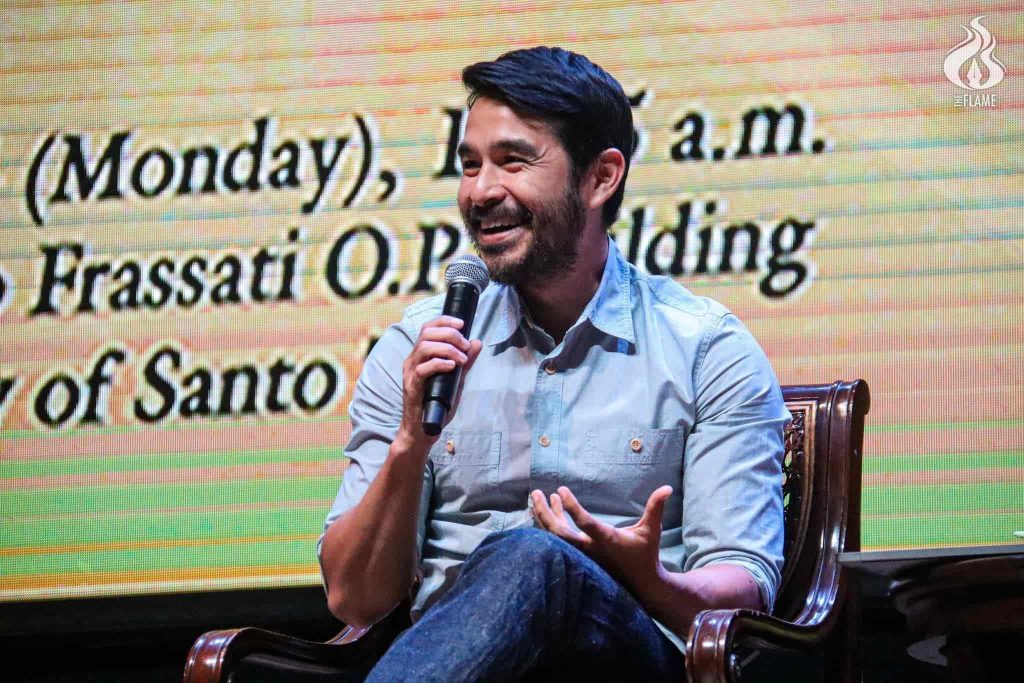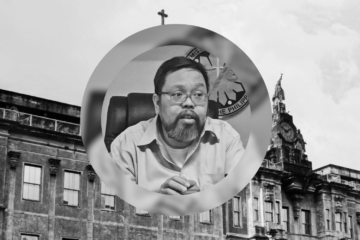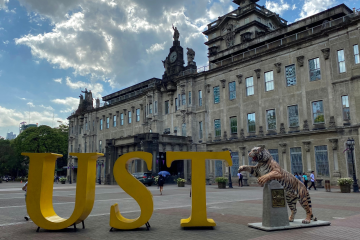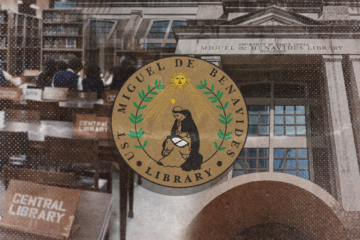
JOURNALISTS MUST use their subjective views to inspire meaningful change and to make negligent leaders accountable despite the risk of appearing biased in the public eye, a broadcast journalist said.
In a lecture, i-Witness documentarist Atom Araullo said journalists are not objective, but reporters must remain independent of their personal biases when gathering and making sense of information from the ground up.
“We need to learn journalistic methods so that the methods [we use] are objective. The fact that you try to talk to all of the people involved, you listen to what they have to say, you verify the facts, that is the objective method that will make your story pass muster; meaning, truth-telling,” Araullo said.
“Your biases will reflect right away. So I think it’s futile, if not an outright lie, to say that journalists are totally objective. We’re not, we’re human beings,” he added.
Citing his award-winning documentary about child exploitation, Araullo said there should be a clear motive behind every journalistic story that would encourage people to think critically about an issue.
“If [I] do a story about [child exploitation], can you say I do not hope this never happens again? Can you say that I do not want our audience to be more vigilant, to account for the people in power to make our laws stronger so we can stop [the issue]? Of course not,” he said.
“At the end of the day, there is still subjectivity in there. By the stories that I do, I cannot say that I don’t imagine that there is change that I want to achieve.”
The mere fact that journalists have leeway to produce stories in various styles and methods makes the profession susceptible to subjectivity, according to Araullo.
“When you [write] a story, [from] the selection of case studies, to the angle that you take, to the words that you use, to the way you voice over [and] the tone of voice you use, you have already affected the story,” the broadcaster said.
Part of a journalist’s job, nevertheless, is to steer the audience to “the right direction” through balanced storytelling, Araullo said.
“It’s like putting your audience in the right perspective so that even if you don’t tell them what to do, you are all in agreement about the direction that you have to take,” he added.
Instrument of change
In the same event, award-winning documentarist Kara David said journalists must be empathetic to their subjects in order to depict their experiences more authentically.
“Our stories are very powerful, they can be an instrument of change… If you approach your stories with compassion, if you approach your stories with empathy, then you will feel their pain more. Your story will be more authentic, sincere and just,” she said.
Credible storytellers must avoid spinning the narrative or overexposing the plight of concerned sectors just to generate sympathy among their audience, David said.
“If you are going to make a story about the poor in our country, let us angle it in a way that actually uplifts the poor, uplifts their dignity,” she added.
David, also the chair of the journalism department of the University of the Philippines College of Mass Communication, said a journalist could still hold people in power accountable without discrediting a community’s sense of dignity.
“Why will you rob communities of their value of resiliency just because you want to account for the government? [W]e will also show that in spite of this situation, they are finding a way to make up for the lack of government,” she said.
“That’s a more complete story rather than immediately removing the angle of resiliency just because you want to blame the government… Tell the story completely [in] both angles, you don’t have to choose one or the other.”
The two-day lecture titled “Storyteller’s Spotlight: A Dialogue with Experts in the Media” and “i-25 Fest: The I-Witness Talks” was organized by the UST Office of Public Affairs and GMA News and Public Affairs in celebration of the 25th anniversary of i-Witness, the country’s longest-running documentary program.
I-Witness documentarists Howie Severino, John Consulta and Mav Gonzales were also present during the lecture. F



